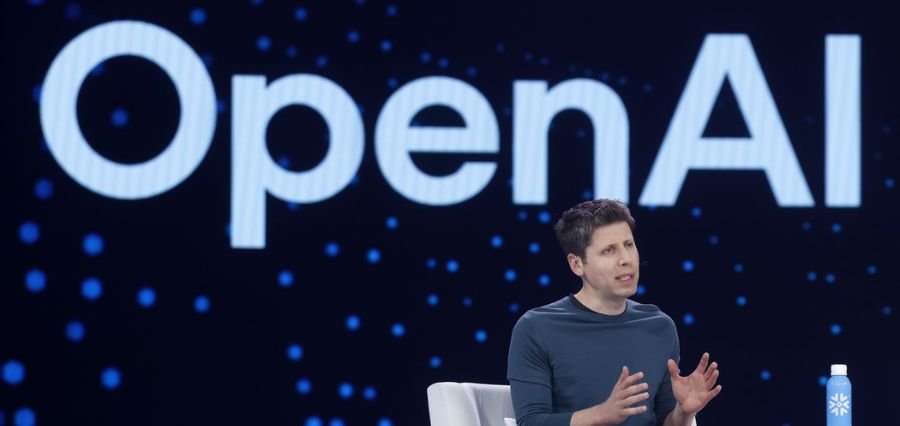Prime Highlights
- Robinhood is providing free tokenized shares of private companies OpenAI and SpaceX to European users.
- OpenAI rapidly disavowed involvement, cautioning users that the tokens represent no actual company equity.
Key Facts
- The tokens are blockchain-based and represent indirect exposure by way of a special purpose vehicle (SPV), as opposed to direct ownership.
- Robinhood says these tokens could democratize access to private investments and drive future innovation.
- Despite OpenAI’s rejection, Robinhood’s stock saw an earlier boost due to excitement around tokenization.
Key Background
Robinhood has launched a high-profile program selling tokenized representations of private company stock—most famously OpenAI and SpaceX—to users in Europe. New users get $5 worth of these tokens as part of a promotional initiative, which are not actual shares but digital tokens backed by the economic value of equity owned by an SPV. The tokens, based on blockchain, can be traded, staked, or transferred, allowing users to feel they have exposure to inaccessible private companies.
The plan was immediately controversial. OpenAI released a public statement distancing itself from the initiative, saying that it did not authorize or endorse the distribution of tokens and that the tokens represent no form of actual equity in OpenAI. Elon Musk also denounced the program publicly, referring to the tokens as “fake equity.”
Robinhood CEO Vlad Tenev came to the defence of the tokens, claiming that they are not designed to be legal ownership but provide financial exposure to private companies that are growing at a high rate. He highlighted that this step can open doors for retail investors to get access to private markets, which are usually left for accredited investors and institutional traders. Tenev also hinted that this is just the initial phase of Robinhood’s grander mission to tokenize traditional and alternative assets.
In spite of the backlash, most experts are still hopeful. Stock token launching is viewed as a gamble in the fintech and retail investing progress. It also resonates with international directions where business firms are looking into blockchain for asset tokenization, particularly in Europe where regulatory guidelines are friendlier.
The scandal highlights a broader discussion of financial innovation, investor protection, and the subtle distinction between exposure and ownership. As Robinhood continues to test limits, market and regulatory reactions will be important in defining the future of tokenized investments.
Read Also : Air India’s Washington-Bound Flight Grounded in Vienna Amid Safety Inspection








